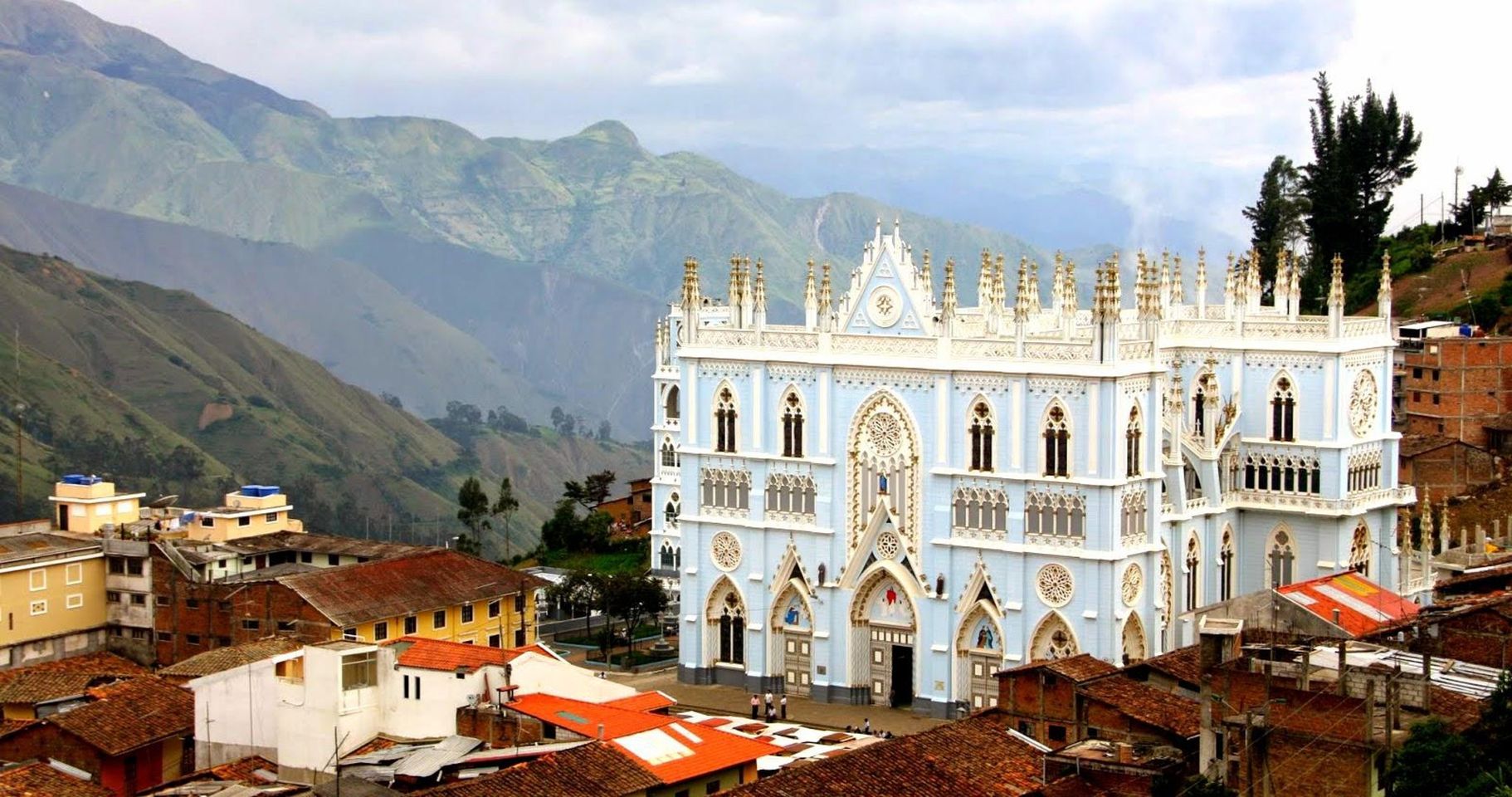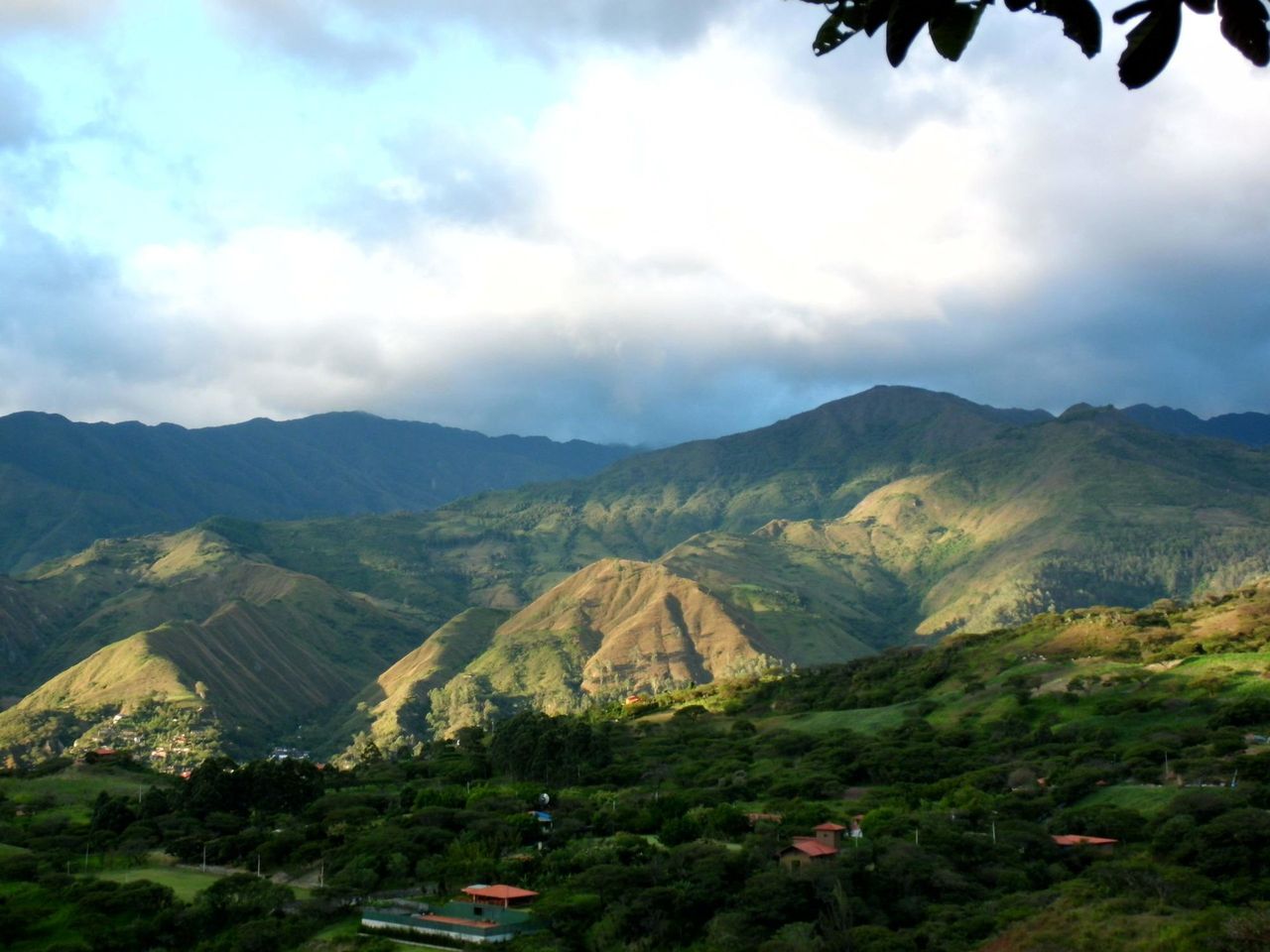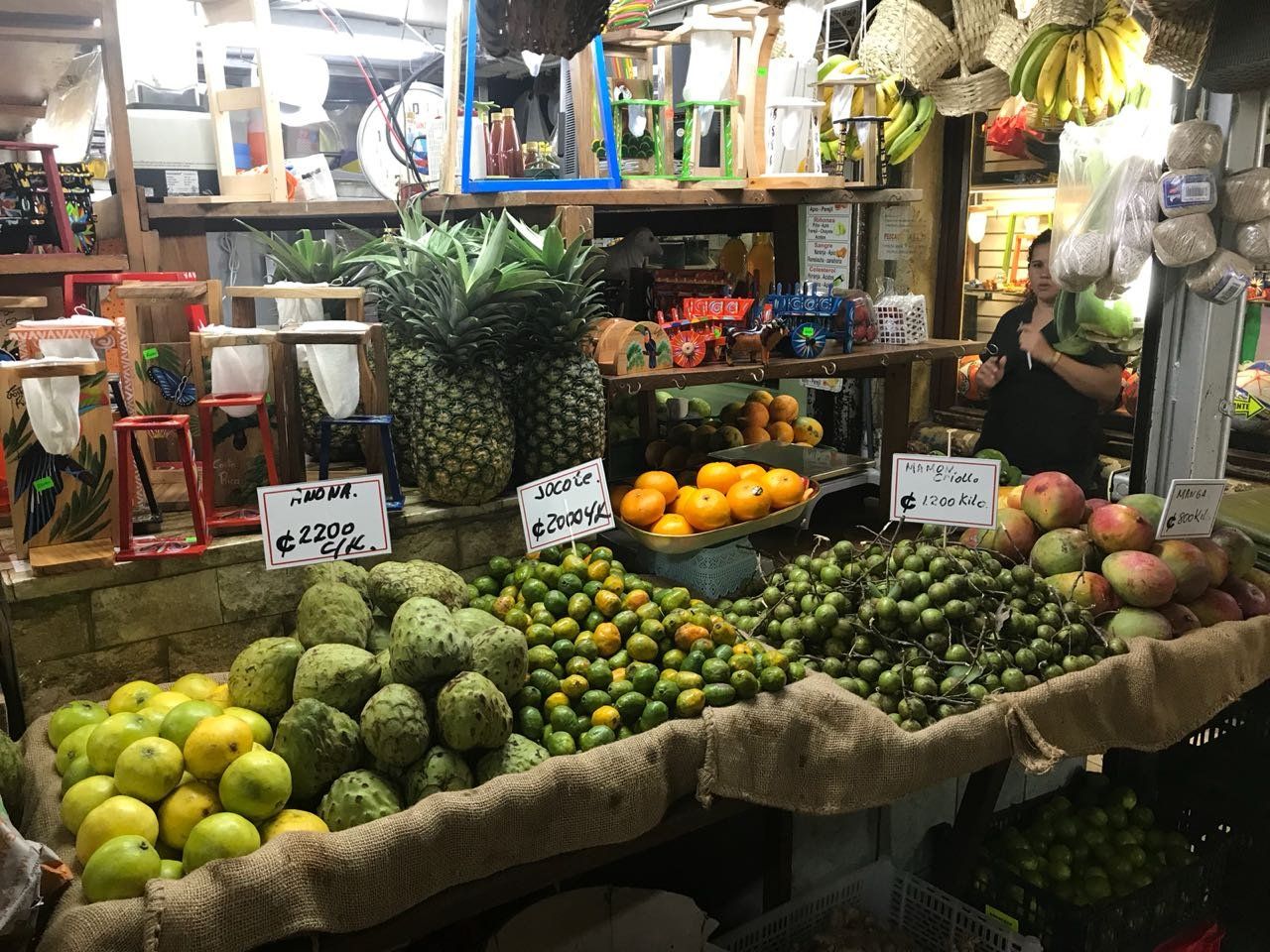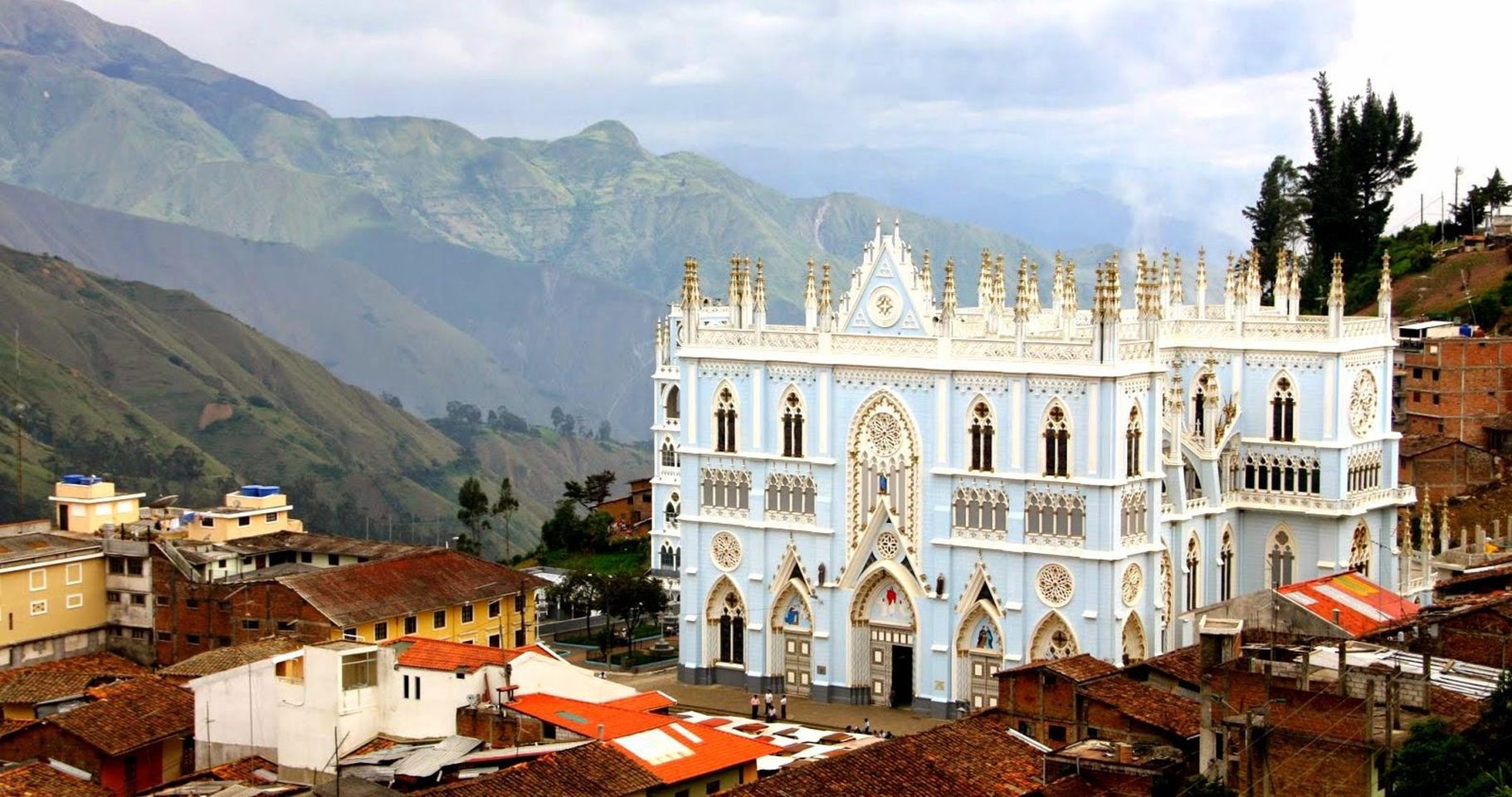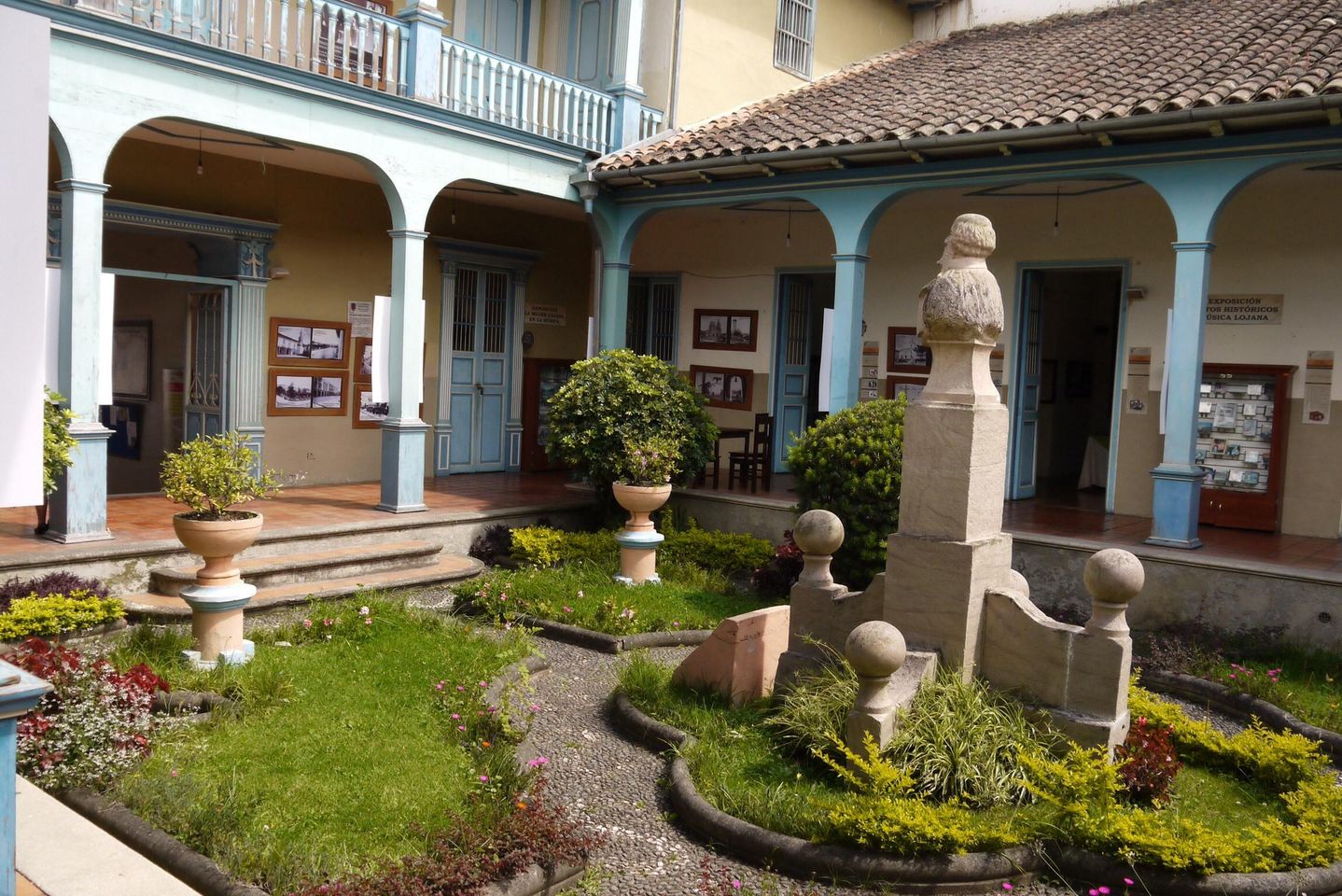Discover the Enchanting Trails of Podocarpus National Park
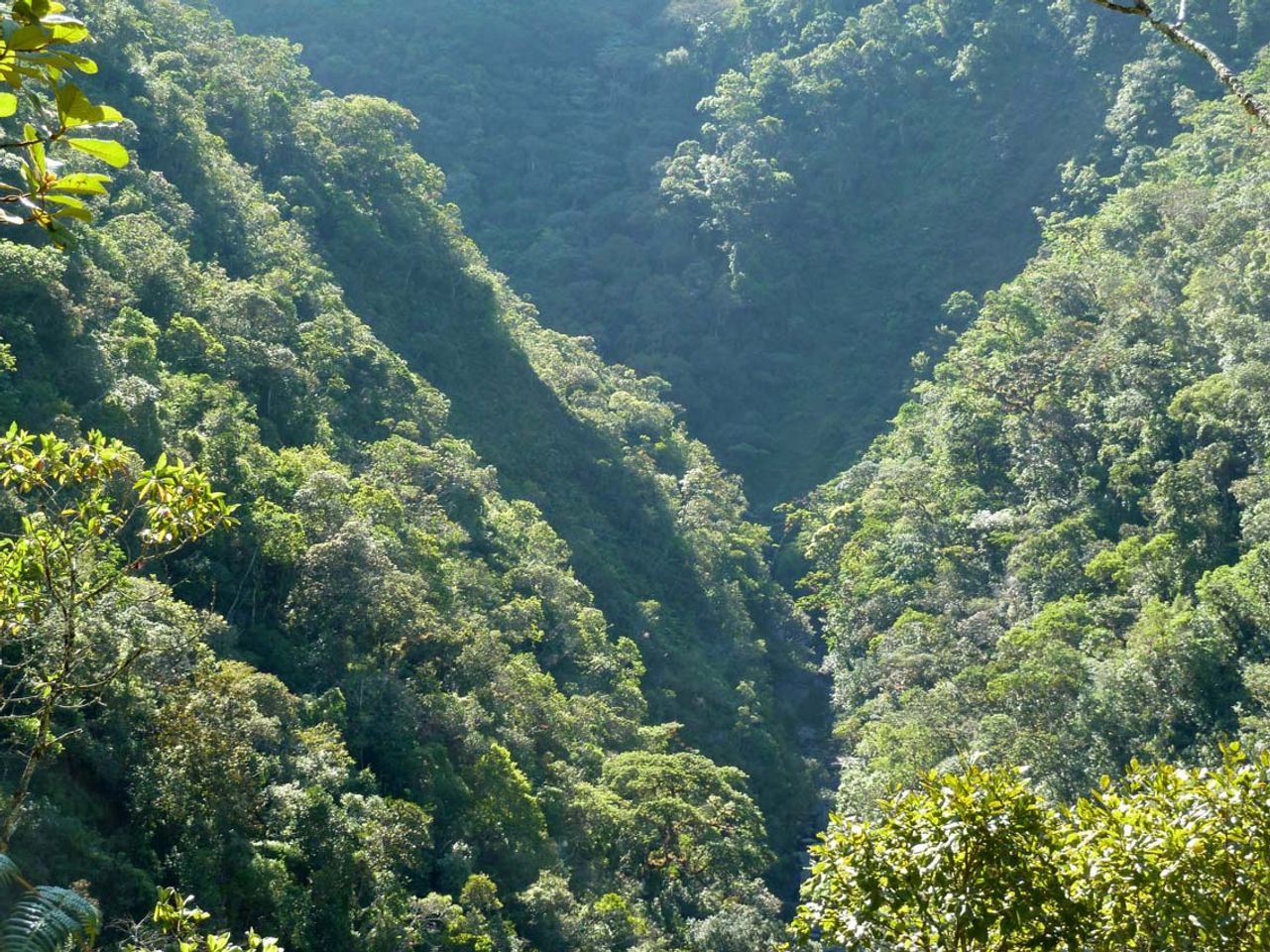
Nestled in the southernmost region of Ecuador lies the breathtaking Podocarpus National Park, a marvel of biodiversity and conservation. This protected area spans over 1,400 square kilometers, showcasing a diverse range of flora and fauna in its unique Andean and Amazonian ecosystems. As a nature enthusiast and avid traveler, I couldn’t help but be captivated by the beauty and wonder of this national park.
From towering mountains to lush rainforests, Podocarpus National Park boasts incredible geographical diversity. At its center lies the Podocarpus mountain range, which boasts the eponymous Podocarpus tree species that gives the park its name. With numerous hiking trails and well-maintained infrastructure, this destination is perfect for hikers and adventurers, offering opportunities to spot rare birds and mammals, including spectacled bears, pumas, and Andean condors. We must strive to protect and preserve these natural treasures for future generations to enjoy, and Podocarpus National Park is a prime example of successful conservation efforts. Click here to access the complete city guide for Loja.
Flora and fauna diversity
As we step into the magnificent Podocarpus National Park in Loja, Ecuador, we are immediately taken aback by the breathtaking natural beauty that surrounds us. With more than 4,000 species of plants and an estimated 600 species of birds, mammals, and reptiles, the park’s flora and fauna diversity is truly unparalleled. The wide-ranging array of plant and animal life on display here is a testament to the resilience of nature and the importance of preserving our planet’s natural wonders.
We cannot emphasize enough how essential it is for us to prioritize the conservation of the Podocarpus National Park’s rich biodiversity. This park is home to many rare and endangered species, including the Andean condor, spectacled bear, and mountain tapir, to name just a few. Every creature here serves a unique and vital role in maintaining the fragile balance of this delicate ecosystem. We must do everything we can to protect the park’s flora and fauna diversity by promoting sustainable tourism and ensuring that our actions have minimal impact on the natural environment.
The vast Flora and fauna diversity we find at Podocarpus National Park in Loja, Ecuador, is a testament to the wonders of nature and the endless possibilities of discovery and exploration that await us. It is our responsibility, both as visitors and as citizens of this planet, to do our part in preserving and protecting these incredible natural resources for future generations to come.
Trail system and hiking opportunities
When it comes to hiking opportunities in Ecuador, there are few places as incredible as Podocarpus National Park in Loja. With over 146,000 acres of land to explore, the trail system here is one of the most stunning and diverse in the country. From soaring peaks to lush forests and winding rivers, there’s no shortage of jaw-dropping natural beauty to discover.
What we love about the hiking in Podocarpus National Park is the sheer variety of trails available. Whether you’re an experienced hiker looking for a challenging climb or a casual adventurer who wants to take it easy, there’s a trail here that’s perfect for you. And with well-maintained paths and plenty of signposts along the way, you can rest assured that you’ll never get lost.
One of our favorite hikes in the park is the Laguna del Compadre Trail, which takes you on a stunning journey through a variety of landscapes, including forests, meadows, and a pristine alpine lake. Trust us when we say this is one hike you won’t want to miss. So grab your gear and get ready to hit the trails – adventure is waiting for you in Podocarpus National Park.
Cultural significance and history of the park
When visiting Podocarpus National Park in Loja, it is imperative that we take a moment to appreciate the cultural significance and history of this natural wonder. The park’s name itself reflects the unique flora and fauna that flourish in this region, where the Podocarpus tree species can be found. The indigenous people of Ecuador, known as the Quechua, have a deep-rooted history in these lands, using various herbs and plants for medicinal and culinary purposes. It is a testament to the resilience and ingenuity of these people, who have lived in harmony with nature for centuries.
Furthermore, Podocarpus National Park was declared a protected area in 1982, with the aim of preserving the natural biodiversity and ecosystems in the region. This was a crucial moment in Ecuador’s history, where the government recognized the importance of safeguarding their natural heritage. It is a reminder that we must take responsibility for our actions and protect the environment for future generations. As visitors to this park, we have the privilege of witnessing nature’s majesty and should uphold our responsibility to leave minimal impact on this delicate ecosystem.
In essence, Podocarpus National Park is not just a beautiful destination for nature lovers; it is a testament to Ecuador’s rich cultural heritage and a call to action for environmental conservation. We must embrace and celebrate the diverse cultures that shape our world, and work towards preserving the natural wonders that surround us.
Conclusion
In conclusion, Podocarpus National Park in Loja, Ecuador is a hidden gem that should be on every nature lover’s travel list. The park offers unique ecosystems, breathtaking landscapes, and abundant wildlife that are sure to captivate visitors. It is a prime example of the importance of conservation efforts to preserve the natural beauty of our planet.
Furthermore, as visitors to the park, it is important to acknowledge our impact and responsibility to help preserve the delicate balance of nature. We must do our part to minimize our carbon footprint, respect the wildlife and protect the landscapes that make this park so special.
Overall, a visit to Podocarpus National Park is not just an opportunity for an amazing adventure but also a chance to gain a deeper understanding and appreciation for the natural world around us. Let us continue to support the preservation and conservation of natural treasures like Podocarpus National Park so that future generations can also enjoy its beauty and wonder.

